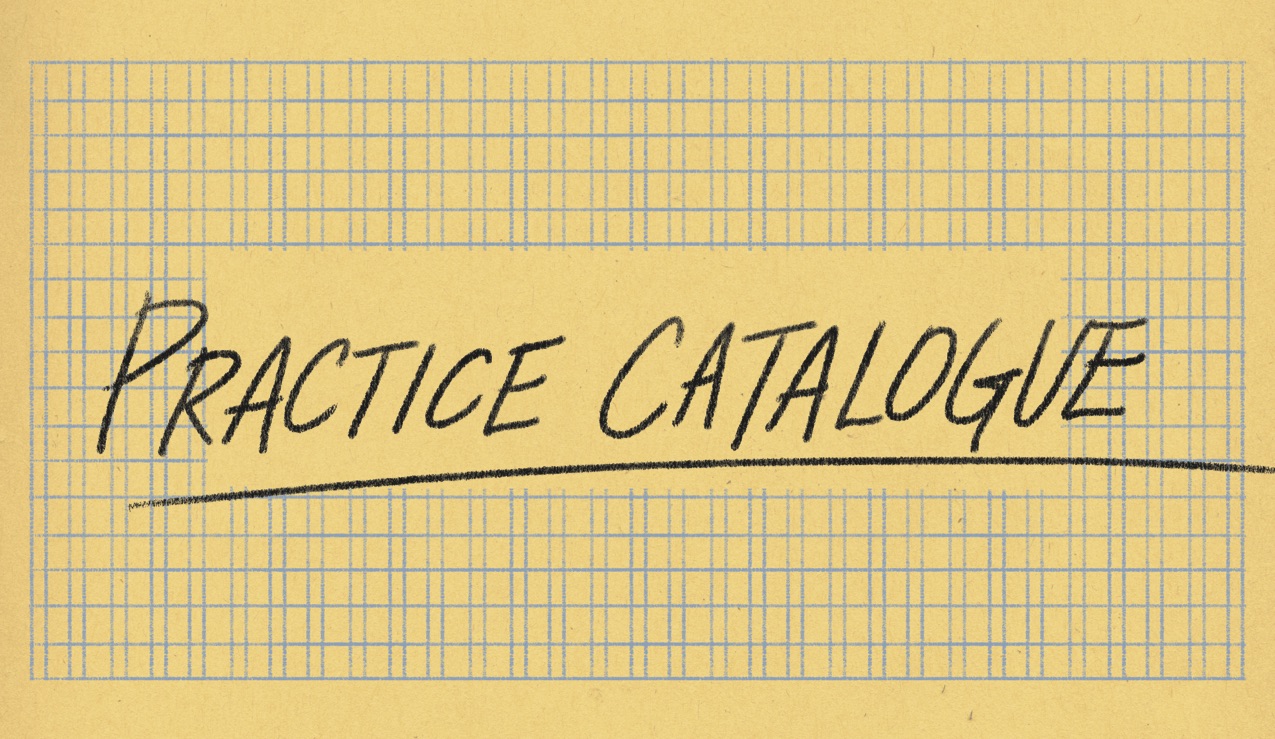Frank Guan on the Art of the Brag
Editor’s Note: what follows is every third thesis from an essay in progress.
3) The thing is that poetry isn’t fundamentally incompatible with bragging. It’s the one mode of literature where the fact of bragging isn’t inherently disastrous. At its root the poet’s task is to affirm, one by one, over space and time, identities; one of those identities may be the poet’s own.
6) One can go further and say that modern bragging poems—the ones that succeed as poems, anyway—are invariably poems taking American citizenship as a central theme. Whitman’s self-song is constructed to exceed his personal circumstances, to encompass a nation. He views himself through a collective lens, imagining a universal community joined by democratic perspective. He is great because he sees and says that his country, America, is great. He is including everyone in his celebration, on his terms—which, he says, are everyone’s terms. It is mystical poetry that aims not to transcend material reality, but to sacralize it as such.
9) The members of this new student population called to poetry, then, had the motive (to confirm their citizenship), means (Whitman’s precedent), and opportunity (as postwar culture grew more tolerant of personal rhetoric) to brag.
12) This, too, we are made to understand, is great, American, canonical poetry: “I am putting my proud American boast / right here with the others.” If America is defined by exceptional realness and courage, pregnancy and birth are as exceptionally real and courageous as it gets.
15) In clipped lines Myles elaborates her project of reinvention through deracination. She moves to New York, becomes a poet—”What could be more / foolish and obscure”—as well as a lesbian. All of this to avoid the weight “of being born into such / a wealthy and powerful / American family.”
18) There is no place for them in America. But the Kennedys are all-American, and the poet is a Kennedy. “Shouldn’t we all be Kennedys?” Myles is not a Kennedy. Her Boston Irish background is, in fact, firmly working class. But in her pretending to be someone pretending not to be a Kennedy, something curious and true comes forward. Call it a poetic conscience of political irresponsibility. Myles isn’t the only one in America who’s spent half their life evading the duties to society incumbent on their social privilege. She is not the only white college-educated baby boomer.
21) It’s a parallel process: As the poet’s self expands its boundaries, the nation is called to enlarge its limits by including formerly excluded classes—homosexuals, women, the poor and ill. If the modern poem that brags is great, its greatness is expressed through an expansive social vision, with undertones of progressive politics.
24) We should amend the prior statement.
27) I’m thinking here primarily of “Rebirth of Slick,” a 2014 poem by Morgan Parker which lifts its title from a 1992 single by the jazz rap trio Digable Planets. The poems opens with its speaker orienting herself within a cultural matrix defined by “the day Jay Z was born / & Fred Hampton was killed.” History offers her an apt, painfully equivocal symbol: rap comes to life in Brooklyn on the exact date, 12/4/1969, that Black Power’s brightest hope is snuffed out by Chicago police assassins. With black pride crushed as a political project, its focus shifts to art and commerce, with the convergence of the two exemplified by Jay-Z.
30) So Parker’s bragging in “Rebirth of Slick” isn’t an imitation of the swagger of rap, nor of Beyoncé, but all the same could not exist without them: not a copy but an urgent rejoinder. Like Olds, Parker places herself amidst women, the “aunties” who taught her that craziness, meaning drastic subjectivity, is best: “The birth of a bullshitter / in dark lipstick & big dreams.”
33) All American dreaming aside, perhaps the real question is not what one opts to brag about so much as what one has to brag against.
[Frank is a former poet in New York]
